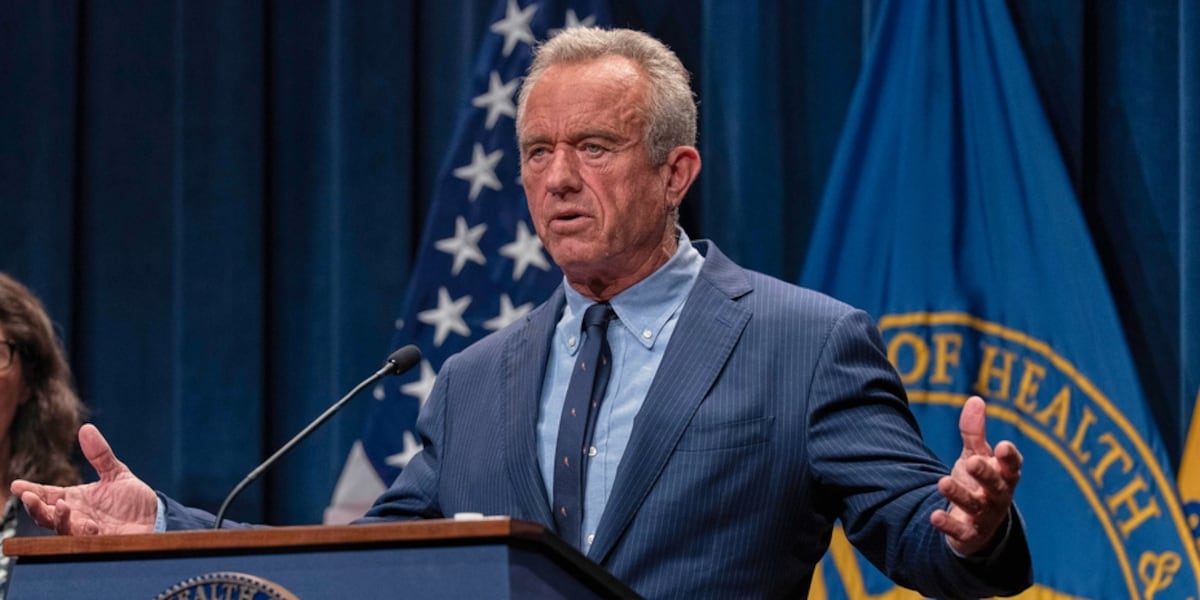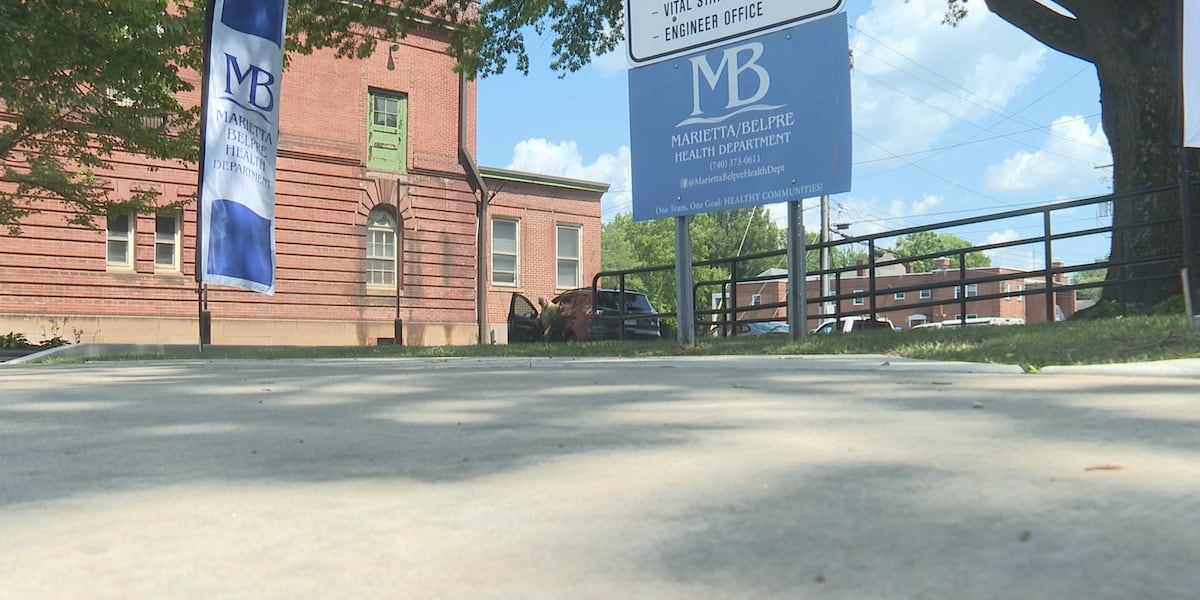Will Trump's Spending Bill Hurt Your Healthcare? 5 Key Changes Explained

1. Cuts to Medical Providers: A Ripple Effect
The bill includes significant spending cuts across various sectors, and healthcare providers are not exempt. These reductions could lead to hospitals and clinics scaling back services, reducing staff, and postponing investments in new technology. This, in turn, can translate to longer wait times for appointments, limited access to specialized care, and potentially compromised quality of care for patients. Smaller, rural hospitals – already struggling – are particularly vulnerable to these cuts.
2. Medicaid Recipients Face Increased Hurdles
Medicaid, a vital lifeline for millions of low-income individuals and families, is also facing potential challenges under the new bill. Proposed changes could impose stricter eligibility requirements or limit the scope of covered services. This could leave many struggling to afford essential healthcare, potentially leading to delayed treatment and worsening health outcomes. For families relying on Medicaid for children's healthcare, the impact could be especially devastating.
3. Affordable Care Act (ACA) Enrollment Could Be Affected
While the bill doesn't directly repeal the Affordable Care Act, it does include provisions that could make it more difficult for individuals to enroll in ACA plans. Reduced funding for outreach and enrollment assistance programs could leave many unaware of their options or unable to navigate the complex application process. This could lead to fewer people having access to affordable health insurance, particularly in states that haven't expanded Medicaid.
4. Focus on Cost-Cutting Over Patient Care?
The bill's emphasis on spending cuts raises concerns that cost-cutting measures may take precedence over patient care. Healthcare providers might be incentivized to prioritize cheaper, less effective treatments to stay within budget, potentially compromising the quality of care patients receive. This could lead to a decline in overall health outcomes and increased long-term healthcare costs.
5. Long-Term Uncertainty for the Healthcare System
The long-term implications of the bill remain uncertain. Experts warn that these cuts could destabilize the healthcare system, leading to further challenges in access, affordability, and quality of care. The bill’s impact will likely vary by state and depend on how individual healthcare providers and insurers respond to the new budgetary constraints. It's crucial for individuals to stay informed about these changes and advocate for policies that protect access to quality healthcare for all.
This analysis provides a snapshot of the potential impact of the spending bill on healthcare access. It's important to note that the situation is evolving, and further developments may occur. Staying informed and engaging in constructive dialogue are essential to ensuring a healthcare system that meets the needs of all Americans.






